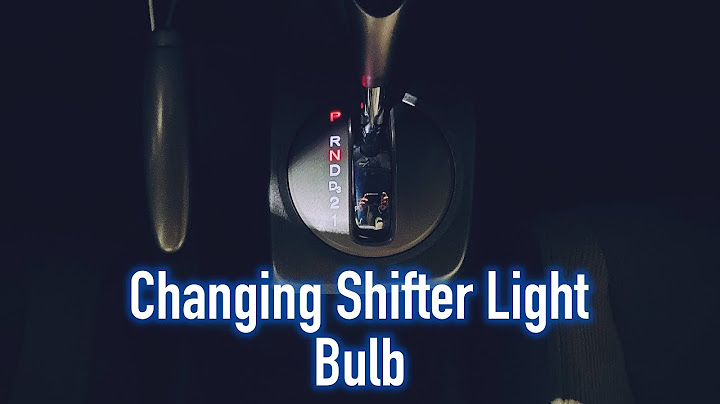The birth control pill is safe for most people, but all medicines have some risks and side effects. Your doctor will help you figure out if the pill is safe for you. Show
Is the birth control pill safe?There’s a good chance the pill will be totally safe for you — most people can take it with no problems. The pill has been around for more than 50 years, and millions of people have used it safely. Can I take the birth control pill?Like with all medications, the pill isn’t for everyone. Smoking and birth control pills don’t always mix. If you’re over 35 and a smoker, you shouldn’t use the combination pill (COCs) or any other kind of birth control that contains the hormone estrogen. If you’re over 35 and you vape, talk with your nurse or doctor about whether the combination pill is safe for you. You can take progestin-only pills (POPs or mini pills) if you’re a smoker. Also avoid using combination pills if you’ve had:
Avoid using progestin-only pills if you’ve had:
Avoid using Slynd (a type of progestin-only pill) if you’ve had:
Talk with your doctor or nurse about your health history. They’ll help you decide if the pill is right for you. What are the risks of birth control pills?Even though birth control pills are very safe, using the combination pill can slightly increase your risk of health problems. Complications are rare, but they can be serious. These include heart attack, stroke, blood clots, and liver tumors. In very rare cases, they can lead to death. For the most part, progestin-only pills (aka POPs or mini pills) don’t have these risks. When talking with your doctor about birth control, tell them about any medications you’re taking and any health problems you’ve had. There’s a very slight chance that you can get pregnant even if you always take the pill correctly every day. But if you do get pregnant and accidentally take the pill during the early part of your pregnancy, it won’t increase the risk of birth defects. It’s important to remember that the chance of having any of these problems while taking birth control pills is really, really low for most people. In fact, pregnancy is more likely to cause serious health problems than the pill. Your doctor or nurse can help you figure out which types of birth control will be safest for you. What warning signs should I know about?Most people on the pill won’t have any problems at all. But just in case, it’s good to know what the signs of a serious issue are. See a doctor or nurse right away if you have:
You can always call a nurse or doctor, like the ones at your local Planned Parenthood health center, if you have questions or you’re worried about any health issues. Is it safe to take the pill while breastfeeding?Combination pills (COCs) may reduce the amount and quality of your breast milk in the first 3 weeks of breastfeeding. If you’re nursing, wait at least 3 weeks after giving birth to start using combination pills. Your breast milk will contain traces of the pill's hormones, but it’s not likely that these hormones will have any effect on your baby. Talk with your nurse or doctor if you have any concerns about breastfeeding while using the pill. Progestin-only pills (AKA POPs or mini pills) are fine to use while you're breastfeeding. In fact, using the mini pill and breastfeeding shouldn’t have any effect on how much milk you produce, and won't affect your baby. More questions from patients:Can I take the birth control pill if I have high blood pressure? It depends. Birth control pills that contain the hormone estrogen aren’t a good idea for people with high blood pressure because they can actually raise your blood pressure. Depending on your age, how well your blood pressure is controlled, and other risk factors, your nurse or doctor can help you decide whether the pill is safe for you. There are 4 estrogen free (progestin-only) hormonal methods that are safe to use for people with high blood pressure, including progestin-only pills, the birth control shot, the birth control implant, and hormonal IUDs. Your doctor or nurse, like the staff at your local Planned Parenthood health center, can help you decide which birth control method is right for you. We couldn't access your location, please search for a location. Zip, City, or State Please enter a valid 5-digit zip code or city or state. Please fill out this field. Service Filter By All Telehealth In-person Please enter your age and the first day of your last period for more accurate abortion options. Your information is private and anonymous. FIRST DAY OF YOUR LAST PERIOD I'm not sure This field is required. AGE This field is required. Or call 1-800-230-7526 What happens if you take birth control while pregnant without knowing?The exposure from the hormones in birth control is not known to cause any birth defects or increase the chance of miscarriage. So, you shouldn't be concerned if you kept taking your birth control because you didn't know you're pregnant.
Can taking birth control while pregnant cause a miscarriage?Consumption of oral contraceptives for more than 2 years before pregnancy is associated with a higher risk of miscarriage.
|

Related Posts
Advertising
LATEST NEWS
Advertising
Populer
Advertising
About

Copyright © 2024 kemunculan Inc.















